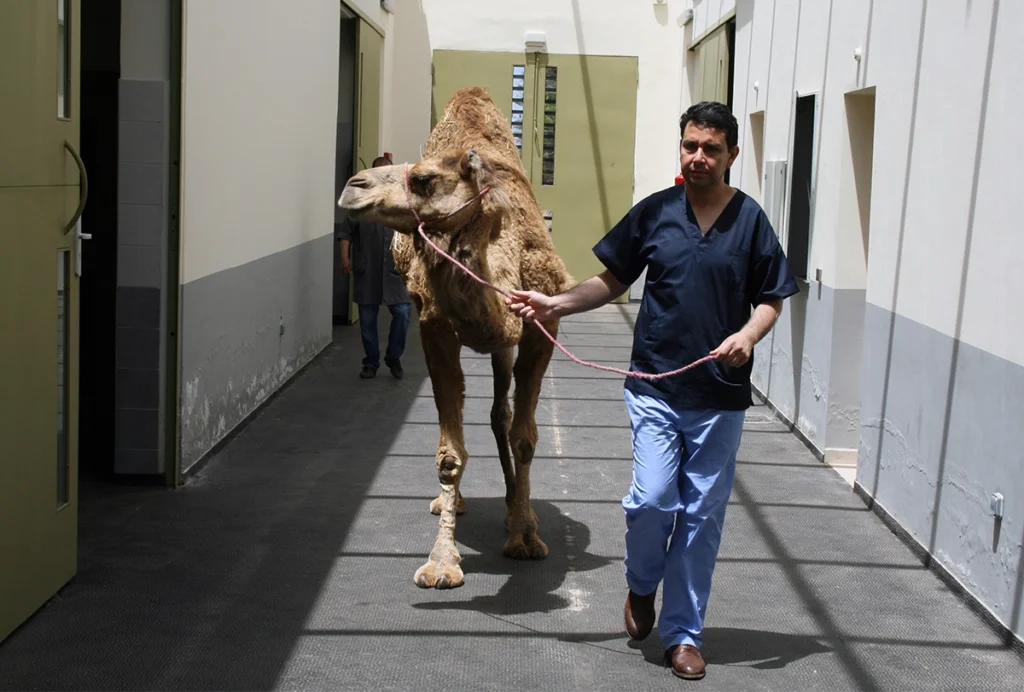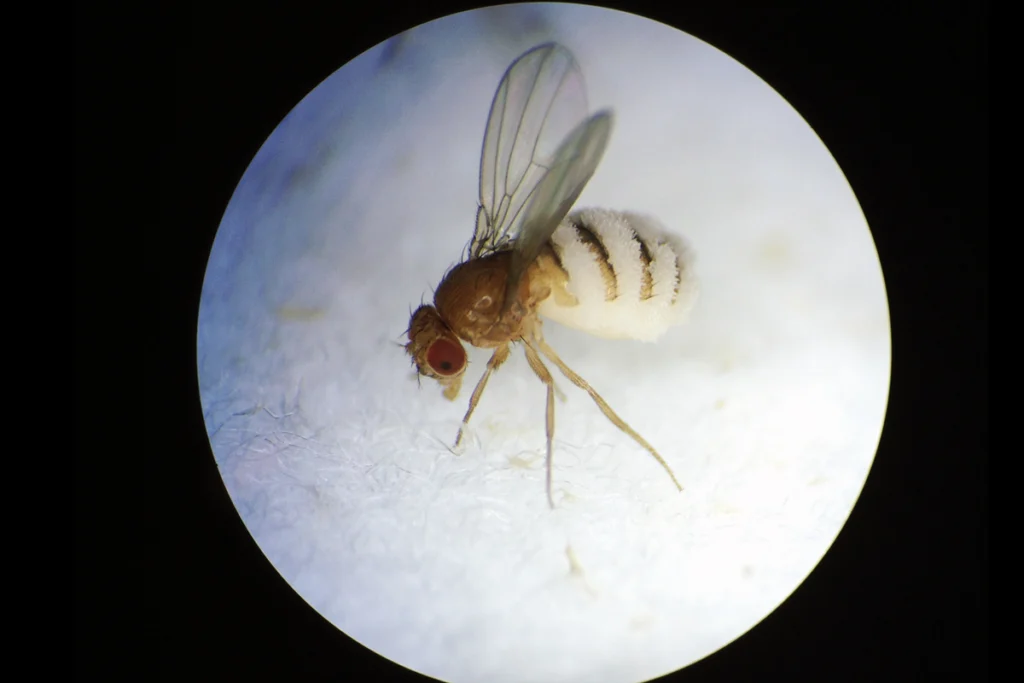Circadian rhythms
Recent articles
Temperature tunes circadian timing in some desert mammals
Light has hogged all the attention in chronobiology research—but now, in camel, goat and mole rat experiments, temperature takes the lead.

Temperature tunes circadian timing in some desert mammals
Light has hogged all the attention in chronobiology research—but now, in camel, goat and mole rat experiments, temperature takes the lead.
Mind control in zombie flies: Q&A with Carolyn Elya
A parasitic fungus compels its insect host to behave in strange ways by hijacking secretory neurons and circadian pathways.

Mind control in zombie flies: Q&A with Carolyn Elya
A parasitic fungus compels its insect host to behave in strange ways by hijacking secretory neurons and circadian pathways.
Autistic people at increased genetic risk of sleep problems
Compared with their unaffected siblings and unrelated controls, children with autism harbor more copy number variants in genes that govern the circadian cycle or are associated with insomnia.

Autistic people at increased genetic risk of sleep problems
Compared with their unaffected siblings and unrelated controls, children with autism harbor more copy number variants in genes that govern the circadian cycle or are associated with insomnia.
Explore more from The Transmitter
During decision-making, brain shows multiple distinct subtypes of activity
Person-to-person variability in brain activity might represent meaningful differences in cognitive processes, rather than random noise.

During decision-making, brain shows multiple distinct subtypes of activity
Person-to-person variability in brain activity might represent meaningful differences in cognitive processes, rather than random noise.
Basic pain research ‘is not working’: Q&A with Steven Prescott and Stéphanie Ratté
Prescott and Ratté critique the clinical relevance of preclinical studies in the field and highlight areas for improvement.

Basic pain research ‘is not working’: Q&A with Steven Prescott and Stéphanie Ratté
Prescott and Ratté critique the clinical relevance of preclinical studies in the field and highlight areas for improvement.
Proposed NIH budget cut threatens ‘massive destruction of American science’
A leaked draft of a Trump administration proposal includes an approximately 40 percent cut to the National Institutes of Health’s budget and a major reorganization of its 27 institutes and centers.

Proposed NIH budget cut threatens ‘massive destruction of American science’
A leaked draft of a Trump administration proposal includes an approximately 40 percent cut to the National Institutes of Health’s budget and a major reorganization of its 27 institutes and centers.